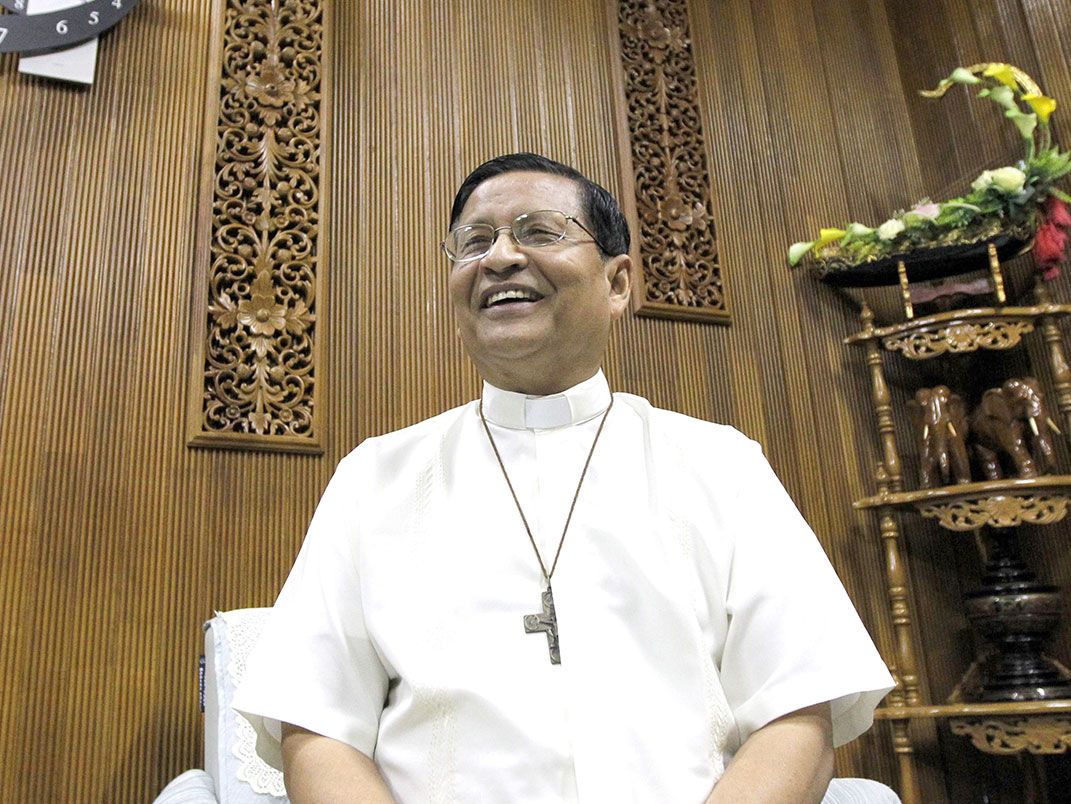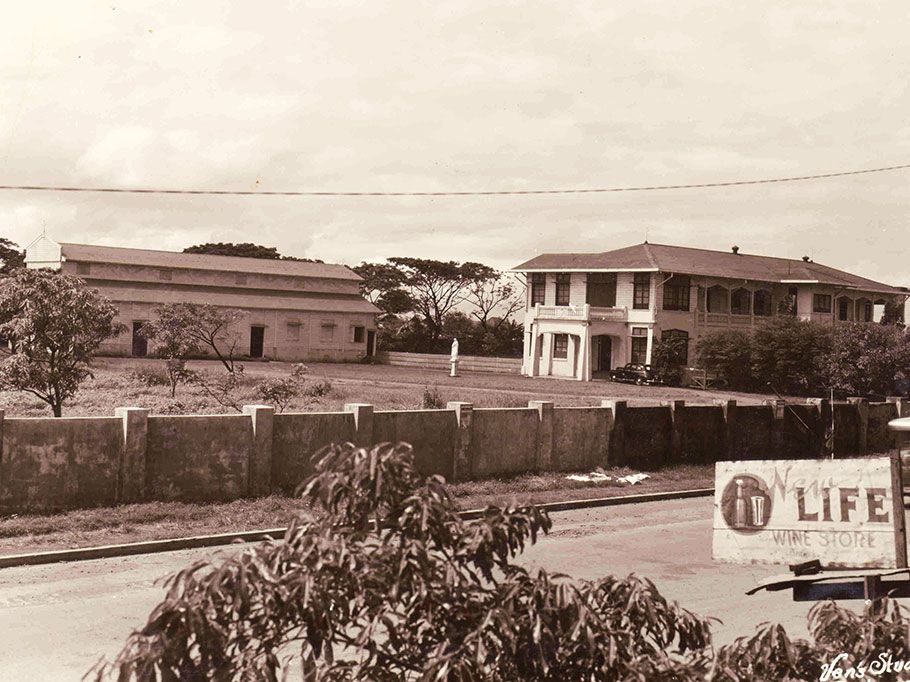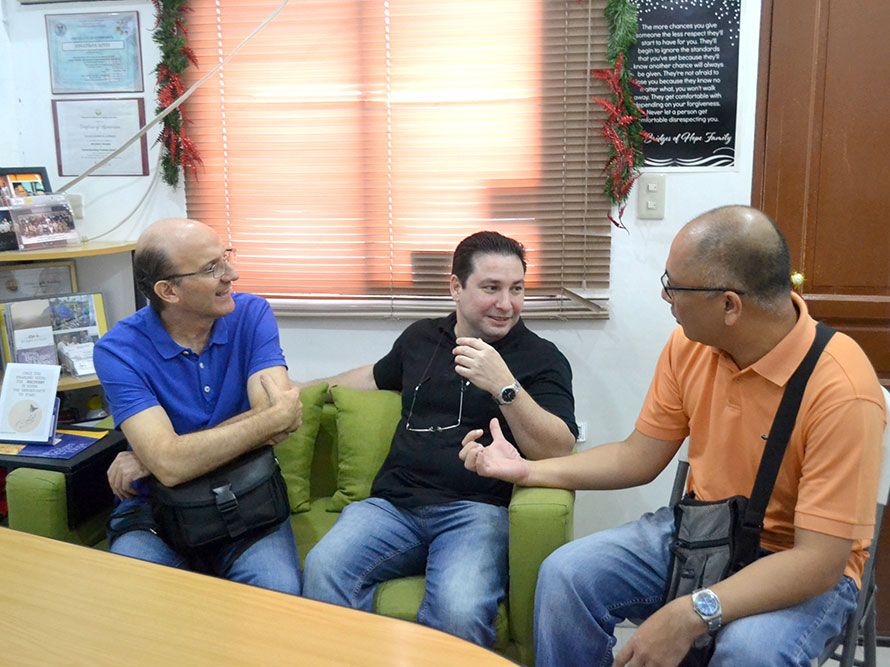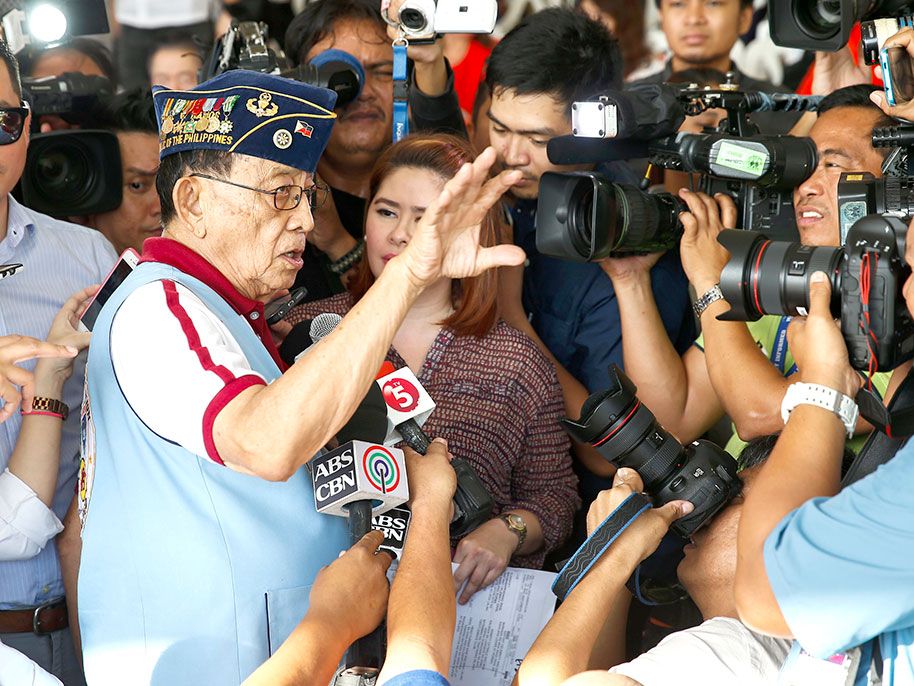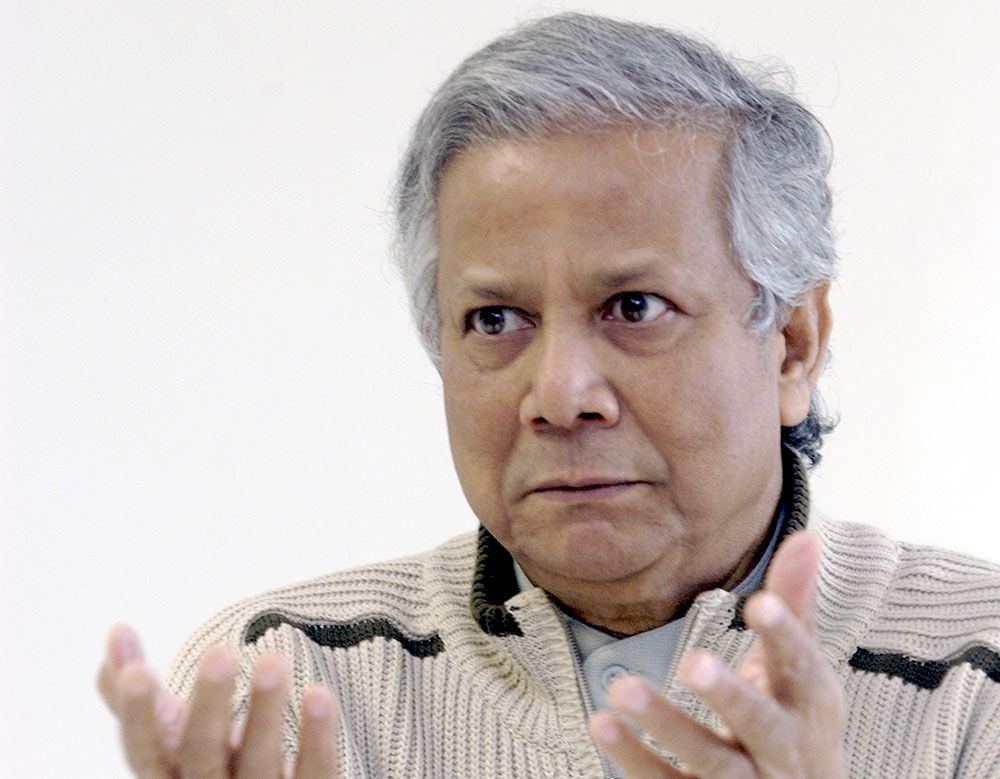Who are the Rohingyas?
Rohingyas are Bengali speaking Muslims of Sunni sect in the North West state of Rakhine state in Myanmar. Their name comes from Rooganga – a Bengali term denoting that the person comes from Rakhine state.
Why is the government not willing to call them “Rohingyas”?
Myanmar is a colorful nation of seven major tribes with 135 sub-tribes mostly from Tibeto Burman stock with Mongoloid features who must have come thousands of years ago. Rohingya’s claim to this category is highly contested. Rohingyas are not an indigenous tribe like the Kachin. Their cultural expressions, according to the government, are not indigenous but from other countries.
What are the reasons for the recent conflict?
Some 60 years of military junta caused deep wounds in society. Poverty, displacement and unsafe migration broke our society. After a long struggle and suffering the country opened up. There was never a truth and reconciliation commission. There was a need for a scapegoat and unfortunately an incident in 2012 became a trigger in Rakhine state. A rumor of rape of a local woman by a Muslim youth triggered a riot which resulted in nearly 120,000 Muslims displaced in the camps. These camps were the breeding grounds for frustrations. The first incident took place in August 2016, with attacks at the security points to which the police and army reacted with an aggressive response. Thousands were forced to flee. After heavy criticism and allegations of ‘ethnic cleansing’, Myanmar authorities tried to revive the civil and village administration but the militant elements had already penetrated the Rohingya youth population.
How many are displaced?
As per international organizations, around 470,000 have been displaced, among them, around 230,000 children. The government and other agencies have confirmed this displacement has stopped since September 5. There are also around 30,000 Rakhines and Hindus displaced inside the Rakhine state.
What is the response of the Buddhist monks?
Myanmar has 500,000 monks and most of them are very peaceful monks. But a section of the monks have become highly radicalized and nationalistic. They put forward the following poisonous theories: Islam has an agenda to convert countries to Islam from Saudi to Indonesia and they already achieved this in Bangladesh. Now they have opened operations in South Thailand, Philippines and Myanmar. Through high fertility rate and through unrestricted migration from Bangladesh, the Rohingyas have determined to change the demography of Myanmar. Rohingyas also marry local Rakhine girls thus reducing the Rakhine population. Though all these theories are not true, when it comes from the monks, the Buddhist population believes.
What is the position of the majority of the people of Myanmar?
People are innocent but will listen to their religious leaders. Most of the people are not compassionate at present based on the phobia created through hate speech and social media.
Social media and freedom of expression given after the democracy is proving a double edged sword – hate speech spreads fast and fake news becomes true news. The Rohingya issue was a smoldering cauldron for a long time but their suffering has increased emboldened by the following global changes in the last two decades: manufactured and marketed Islamophobia from the West, xenophobic official discrimination of Muslims in countries like the U.S., and treatment of minorities by the Muslim countries. These are all the more reasons that we should follow the efforts of Pope Francis in upholding the rights of everyone that include Muslims in this era of Islamophobia.
What is the role of Aung San Suu Kyi?
Our perception is that she is trying to stabilize the fragile democracy. The army has no patience with democracy and grabbed power from democracy thrice already in Myanmar. The army controls 25% of parliament and also important ministries. This is a tight rope walk and she is trying her best. With radicalized monks and the Ma Ba Tha extremist group, her government took the right moves. It is unfortunate that recent events did not show her in a good light. She should have spoken on behalf of the victims, especially so many women and children forced to leave under such painful circumstances. She lost the support of the international community by her silence.
What is the role of the church? Was it silent during the exodus?
The Church was not silent – though no statements were issued. We were working towards bringing some understanding among the various actors. The Church has stood for the rights of every one – including the Rohingyas. Christian ethnic groups – Kachin, Kayahs and Karens – continue to be in conflict and displacement for the last thirty years. The Bishops’ Conference of Myanmar have stood for the rights of all the people.
What has been your stand vis- a-vis this crisis?
On a personal capacity I have opposed the four black laws enacted targeting the Muslims by the previous military government. Our appeal was widely covered by the media and the diplomatic community. We have also resisted all efforts of the extremists – both the 969 movement and the Ma Ba Tha. We raised our voice when the Rohingyas met a watery grave in the Thai seas, victimized by the traffickers. We appealed to the government and others to go deeper into the allegations of ethnic cleansing and genocide.
What is the future? Are you hopeful?
As long as Daw Aung San Suu Kyi continues we have hope. She is a strong woman with strong principles. Despite the piercing criticisms of the international community, Myanmar depends on her for many compassionate responses. I am confident of her acceptance of the Kofi Annan commission report. She has already formed a working committee and welcomed the return of the refugees and asked the committee to start the verification process. This is a welcome move. Violence by anyone needs to be avoided. It is a great tragedy that militants from outside are opening a new front of conflict. Both the government and the Myanmar army need to realize that aggressive responses without embedding any solution in the long run policy will turn this issue into a pestering conflict. Myanmar has many other pressing issues – poverty alleviation, strengthening democracy, state and nation building. Dialogue is the only way forward. Peace is possible; peace is the only way.
What is the role of the church?
We affirm the rights of every person in Myanmar and will continue to assist the refugees in the Rakhine state through Caritas network. At present this area is inaccessible and there is not much presence of the church. The Caritas network is already in Pyay diocese and the national office can respond and be ready for the repatriation of the refugees. Since religion plays a major role in the response of the people of Myanmar, we will continue to organize the interreligious peace conferences. We have already conducted one at the national level. We may host the next one in Pyay or Rakhine itself.

